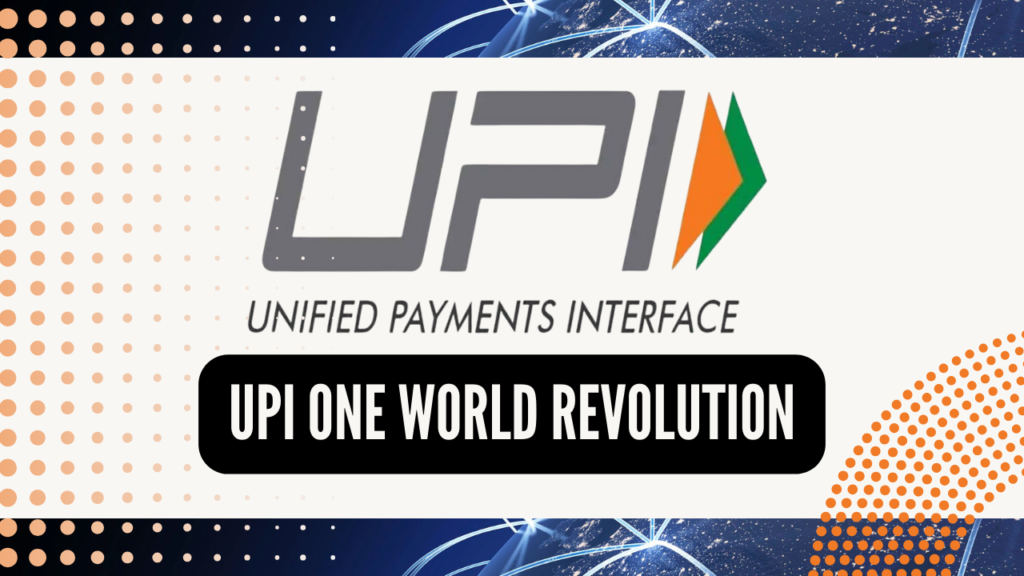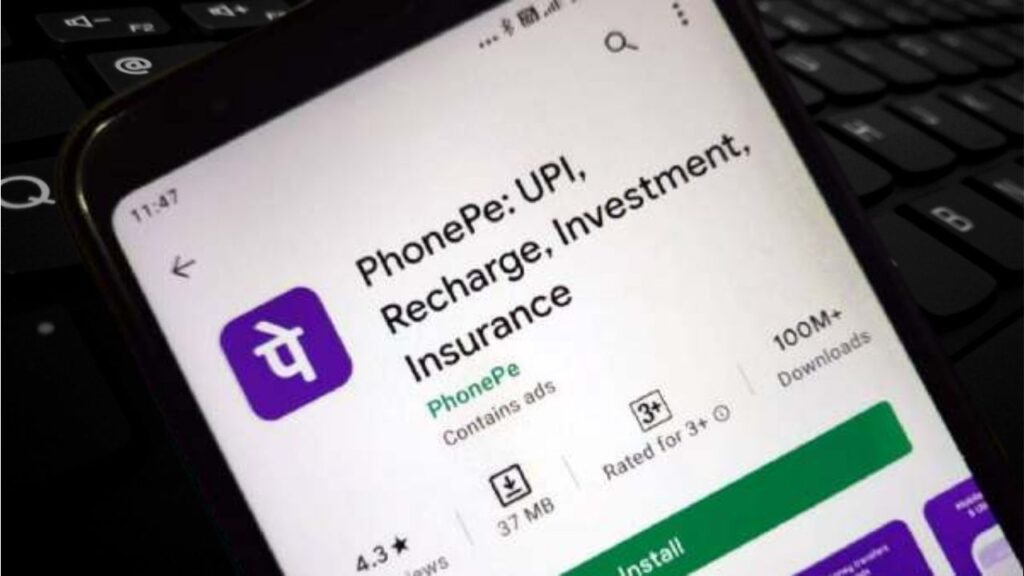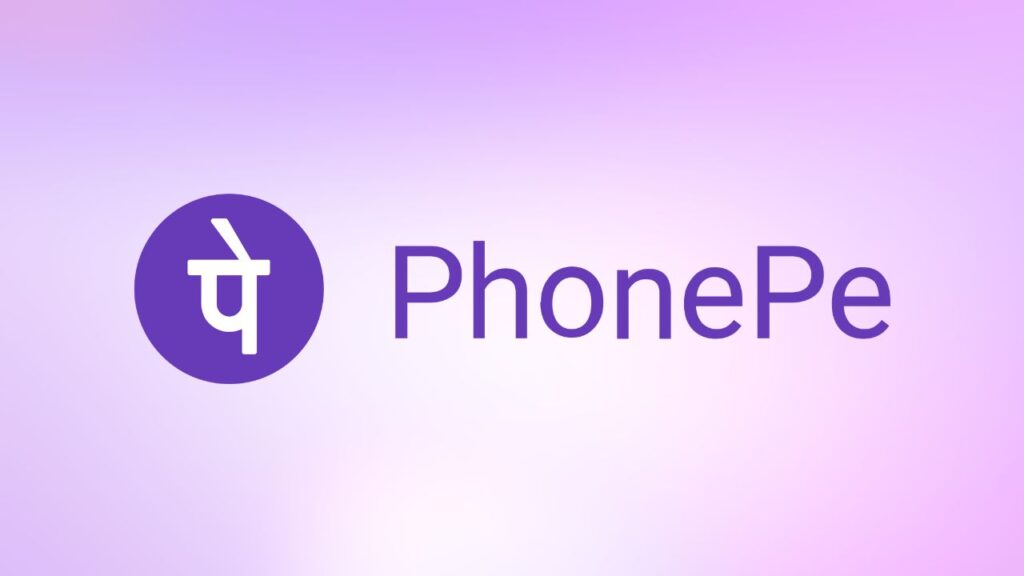PhonePe, one of India’s leading digital payment platforms, is revolutionizing the offline retail experience by UPI payments integration in many of retail stores all across the country. This innovative solution allows customers to make cashless transactions seamlessly using their smartphones, reshaping the way payments are made in brick-and-mortar stores.
With the widespread adoption of digital payments and the government’s push for a cashless economy, PhonePe UPI payments integration comes as a timely and welcome solution for both merchants and customers. By leveraging the UPI infrastructure, PhonePe enables customers to make payments directly from their bank accounts without the need for cash or cards.

One of the key advantages of PhonePe’s UPI payments integration is its simplicity and convenience. Customers can complete transactions quickly by scanning a QR code using the PhonePe app, eliminating the need for cumbersome card swipes or entering PINs. This frictionless payment experience enhances customer satisfaction and encourages repeat business for merchants.

Moreover, PhonePe’s UPI payments solution is not limited to large retail chains but is also accessible to small and medium-sized businesses, enabling them to offer digital payment options to their customers without incurring additional costs. This democratization of digital payments empowers merchants of all sizes to participate in India’s digital economy and drive growth.
Furthermore, PhonePe’s UPI payments integration enhances transparency and security in transactions, reducing the risk of theft or fraud associated with cash transactions. By digitizing offline payments, PhonePe is contributing to the government’s vision of a less-cash economy and promoting financial inclusion across the country.

Overall, PhonePe’s integration of UPI payments in retail stores marks a significant milestone in the evolution of India’s digital payments landscape. With its focus on innovation and customer-centric approach, PhonePe is driving the adoption of digital payments in offline transactions, paving the way for a more efficient and inclusive economy.


